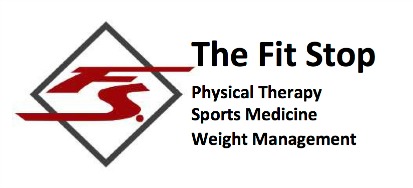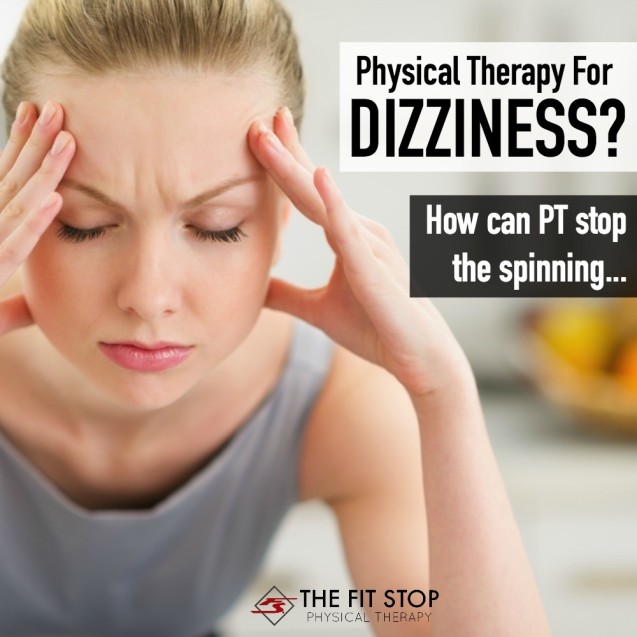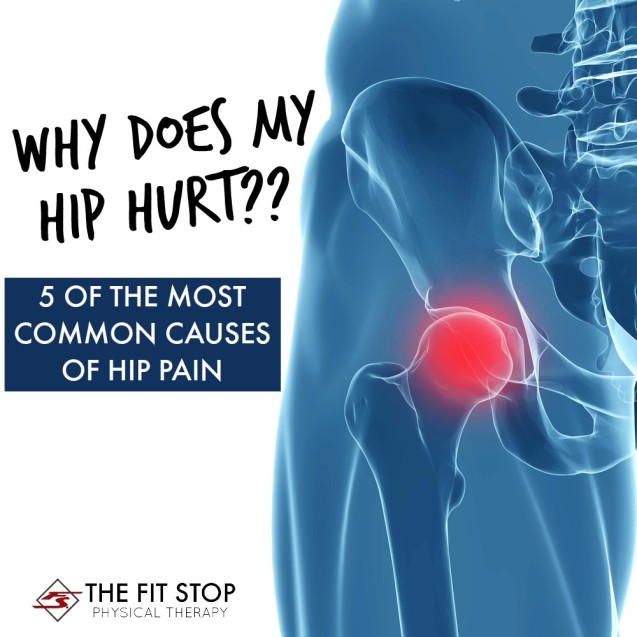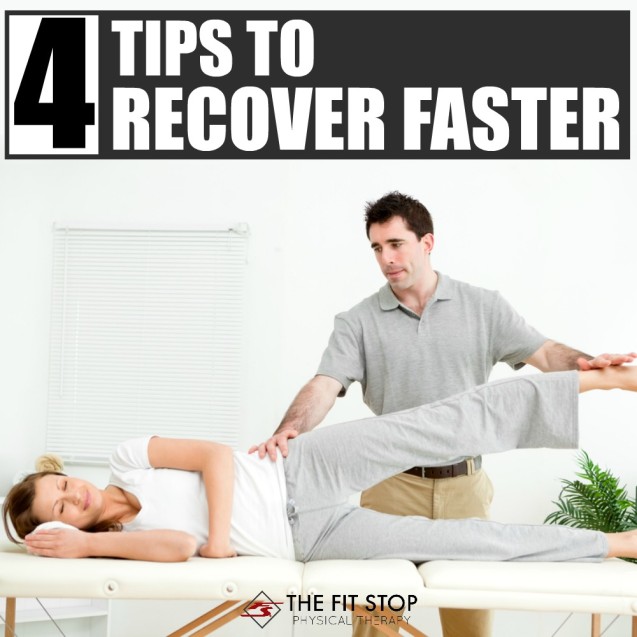By fitstoppt 31 Aug, 2016 Advice, Back Pain, FAQ, Health, Health Tips, Knee Pain, Low Back Pain, Pain Management, Physical Therapy ankle, back, fitness, hip, knee, neck, orthopedic, pain, physical therapy, rehabilitation, shoulder, specialty When you think of a “physical therapy patient” what comes to your mind? I’ll bet that for most people it’s someone who just had surgery and is rehabilitating their knee or shoulder. While it’s true that many conditions we treat are following surgery, did you know that the majority of our patients never set foot in an operating room?! Today on the Fit Stop Blog, Jared Beckstrand, PT, DPT, is discussing some of other common conditions we treat as physical therapists – some that you may not even know we treat! Keep reading for more…
More By fitstoppt 13 Apr, 2016 Advice, FAQ, Health, Health Tips, Pain Management, Physical Therapy arthritis, exercise, fitness, osteoarthritis, pain, physical therapy, workout A common question we get here at the Fit Stop goes something like this: “My (fill in with any joint: knee, hip, shoulder, etc) has been hurting for quite some time now. My doctor tells me I have arthritis. There’s not really anything I can do about it, is there? Can Physical Therapy help at all?” Have you ever had this thought before? Truth be told there is A LOT that PT can do to alleviate the pain associated with arthritis. Today on the “Fit Stop Blog” Toby Bluth, PT, DPT will be talking about the most important treatments that PT can provide to help alleviate the painful effects of arthritis.
More By fitstoppt 04 Apr, 2016 Advice, Back Pain, Exercise, Fitness, Health Tips, Knee Pain, Low Back Pain, Physical Therapy, Strength Training, Tips back pain, exercise, hip, knee pain, physical therapy, strength As a physical therapist, I am in the business of prescribing exercise. It is something I do all the time – all day, every day. As a physical therapist, I am also in the business of treating pain related to the joints in the back and knees. These two joints contribute a good portion of the pain that a lot of us experience every day. At the Fit Stop, these two areas (back and knees) make up the largest portion of what we treat every day. That being said, it may come as something of a surprise, that when I prescribe exercise for these two joints, a good chunk of those exercises actually have to do with the hip joints. Does this make sense? I believe it makes a lot of sense. Today, one of our orthopedic specialists, Toby Bluth, will explain why we look to the hips when we treat back and knee pain, and share a few of his favorite hip exercises with you.
More By fitstoppt 10 Feb, 2016 Advice, Fitness, Health Tips, Injury, Pain Management, Physical Therapy conservative, exercise, health, how to, ligament, physical therapy, sprain, treatment Most of us have been there before; many of us probably didn’t even realize it. Maybe it happened while you were playing soccer. Football? It might have been while skiing, playing basketball, running, slipping, tripping, or even simply reaching up and over your head (trust me – we’ve seen it all). Today we’ve got one of our sports injury specialists, Jared Beckstrand, PT, DPT, talking all about ligament sprains – what they are, how you get them, and some advice about some of your options once you have one! A word of advice – don’t call your surgeon until you’ve read this through!!
More By fitstoppt 22 Jan, 2016 Advice, At Home, Exercise, FAQ, Health, Healthcare, Injury, Pain Management, Physical Therapy, Wellness exercise, headache, how to, neck pain, pain, physical therapy, stretch, tension I have a question for all of you fellow laptop cradlers and cell phone junkies: Are you often plagued by neck or shoulder pain or tightness which slowly works its way up the back of your head and becomes a nagging headache? Often you eventually feel the headache settle behind your eyes and you can even get blurry vision. More often than not you blame it on your desk, on staring at the computer screen or on your work. Although these are contributing factors, the biggest problem is with your posture! Today one of our spine specialists, Cameron Garber, PT, DPT is talking all about shoulder and neck tension/pain – what it is, why you get it, and what you can do to eliminate it!
More By fitstoppt 11 Jan, 2016 Advice, Fitness, Healthcare, Physical Therapy, Wellness BPPV, dizziness, exercise, physical therapy, treatment, vertigo Follow Fit Stop Physical Therapy on Facebook!
Question – what do the following 3 sentences have in common…
“It feels like the room is spinning…”
“Whenever I stand up, sit down, or lay down it starts…”
“I’m not too sure why my doctor sent me to you…”
Answer – they’re the most-often said sentences in a physical therapy clinic from our balance patients! Did you know that PT’s not only treat vertigo, but it is actually one of the few conditions out there that is treated extremely effectively and quickly if diagnosed and treated correctly. Today one of our balance specialists, Toby Bluth, PT, DPT, explains what this condition is and how physical therapists can help eliminate the annoying (and sometimes outright dangerous) symptoms that come along with it.
More By fitstoppt 18 Dec, 2015 Advice, FAQ, Health, Health Tips, Injury, Pain Management, Physical Therapy, Wellness, Workout cause, hip, pain, physical therapy, rehabilitation, symptoms, treat In our Fit Stop clinics one regular complaint that we hear from our patients and gym members is related to hip pain. Whether it occurs in the front, the side, or the back – it’s amazing how debilitating pain in this area can be! One would think that issues in this area should be fairly straight-forward to rehabilitate. However, given the multiple muscles, tendons, joints, and bones that are located in this area this pain can actually be quite tricky to diagnose. Today we have one of our orthopedic specialists, Toby Bluth, PT, DPT, here to discuss the 5 most common kinds of hip pain as well as the most likely cause of that pain. Keep reading for more!
More By fitstoppt 14 Dec, 2015 At Home, Exercise, Fitness, Health, Healthcare, Injury, Pain Management, Physical Therapy, Shoulder Pain exercise, fitness, frozen, injury, pain, physical therapy, rehab, shoulder Today on the Fit Stop Blog I would like to discuss one of the most painful conditions that I see regularly – the dreaded, miserable, absolutely debilitating – frozen shoulder (FS), (AKA adhesive capsulitis). Now, FS is truly a painful son of a gun. Growing up as the son of a physical therapist, I used to observe my father from time to time in the clinic. I remember watching him work with these poor patients who had FS, and they would be in tears from the stretching. I used to think to myself, well, that doesn’t look like a whole lot of fun, for either patient or therapist! I wondered if the field of PT was really for me after observing some of those treatments. Well, fast forward a few years later, and here I am blogging about this all-too-common condition. FS is a very interesting condition, and actually not very well understood. Today, I will discuss what it is, and why we think certain people actually get it.
More By fitstoppt 04 Dec, 2015 Advice, At Home, FAQ, Health, Healthcare, Pain Management, Physical Therapy, Wellness home care, home health, physical therapy, rehab, rehabilitation, treatment There are many different facets of the physical therapy profession. Most of the time when we think “physical therapy” we primarily think of sprains, strains, post-surgery, and sports rehab. But did you know that’s only a very small part of what physical therapists do? Many work in hospitals (inpatient settings) to help people recovering from an illness, accident, or surgery. Others work in neurological settings and help those who have experienced a brain or spinal cord injury. Still more, other physical therapists work in a “Home Care” or “Home Health” setting – they come to the homes of those patients who are “homebound” or unable to come to physical therapy without assistance. But did you know that Fit Stop actually employs a home health PT? Here to tell us more about it today on the Fit Stop Blog is our home care specialist, Tyler Bluth, PT, MPT. Keep reading to learn more!
More By fitstoppt 16 Nov, 2015 Advice, FAQ, Fitness, Health Tips, Injury, Pain Management, Physical Therapy feel better, health, how to, physical therapy, PT, rehab, strength Four keys to maximize your physical therapy visits to recover faster and more completely!
For over six years now, I have been practicing physical therapy (PT) at the Fit Stop in our Heber City location. I love my job. I think that we as physical therapists have one of the most important and gratifying jobs out there. We are able to play a pivotal role in decreasing pain and improving our patient’s function and quality of life in a very safe and non-invasive way. One of the best aspects of my job is being able to see my patients get better. The majority of musculoskeletal injuries out there respond very well to PT treatment. However, sometimes it doesn’t quite work out that way. Sometimes, a patient does not improve as much as he/she hoped. This can be very frustrating for both therapist and patient, especially since nowadays the cost for care is generally quite expensive for the patient. Most patients have significant deductibles that need to be paid off before their insurance will even pay a dime for the PT. Then, even after the deductible is met, ever increasing co-pays can deter a patient from even seeking care in the first place. Considering these factors alone, it is understandable that a patient could get discouraged if progress with PT is not perceived to be meeting expectations.
So what can be done to give you the best chance possible of reaping maximum benefit from your PT? From my experience over the last few years, successful PT patients generally share a few of the following common characteristics…
More









